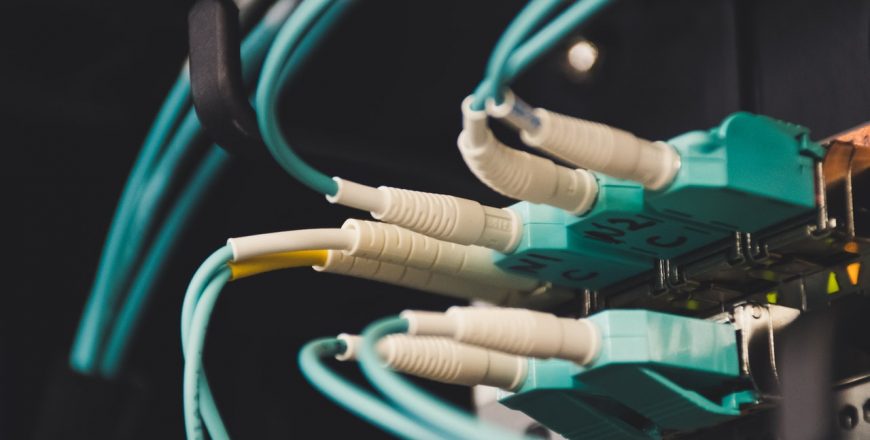
How Telecommunications Companies Protect Themselves against Malicious Hackers
You justifiably probably don’t think about cyber security too much when you’re enjoying some fun on new casino sites, but have you ever stopped to think about which component of this network that brings you this fun is under the most threat from malicious hackers?
Telecom companies often feel that they are on the receiving end of the most common cyberattacks. Whether that’s because the sheer number of companies is large, or because the resources the government puts into safeguarding against cyberattacks is a fraction of the other threats they face, the idea is clear: It’s not a good idea to underestimate the threat from hackers.
As it turns out, many telecom companies have figured out how to fortify their systems against these attacks. Some have figured out how to use it without relying on technology and others are opting for more secured software solutions (like splunk cyber security, for instance) offered by reputable platforms that specialize in this domain. That said, here are five more reasons you should be thankful for, in no particular order.
All Your Entire Data Is There For You
Many other online companies rely on tools like cookies to recognize their customers. These are small files that store data about a user and a site: an email address, a nickname, a gender, a credit card, or more. Some sites, like Google, track you through cookies, and others don’t.
In addition, many businesses also turn to specialized telecom project management services or outsource essential operational tasks to expert firms. These services can simplify processes, ensure cybersecurity best practices are followed, and let companies focus on what they do best. This approach is especially helpful for smaller businesses that might not have the resources or in-house teams to handle large telecom projects or maintain strong defenses against cyber threats on their own. If you’re curious to learn more about how outsourcing these services can benefit a telecom business or want insights into the specific ways these companies support telecom projects, click here to dive deeper into this topic.
With that in mind, most telecom companies use one of the industry’s best defenses against hackers: a device called a SIM card lock box. When you buy a phone or sign a contract with your telecom company, you receive a plastic card that plugs into a small, well-hidden hole on the bottom of your device. The SIM card is basically a key to get on the internet. And if you lose that card, you essentially lose your phone.
The mobile industry uses a complex process to identify which phones are stolen. If a stolen phone turns up online and no one claims it within a certain period of time, the telecom company takes it back and unlocks the phone for their customer, no questions asked.
Instead of individuals having to crack open phones themselves, companies like Cisco, Fortinet, and Palo Alto Networks play a key role in securing systems against hackers and serve as the backbone of these systems. These companies not only provide security software and services for safeguarding devices but also utilize a trusted Cyber Security Awareness Training Platform to offer guidance and support to employees, ensuring they stay updated with the latest security trends.
Government Officials Think About Security Too
While hackers are the prime focus of most government entities, they also occasionally see hackers as a threat to their own citizens. For instance, the recent outage of FCC systems is the result of a number of data centres, making the data breach the most notable in FCC history. Even so, the security of the system was of paramount importance.
In addition to the cybersecurity professionals the government employs, it has invested millions in cybersecurity technology over the years. This should come as no surprise when you consider the latest phone security statistics and how much cybercrime in general costs. Both the NSA and DHS (Department of Homeland Security) have programs that involve researchers and hackers in the creation of products, and in particular, technology to protect critical infrastructure.
Government agencies’ efforts can’t go unnoticed. Just this year, the government allocated $19.9 billion to improve cybersecurity across the country.
